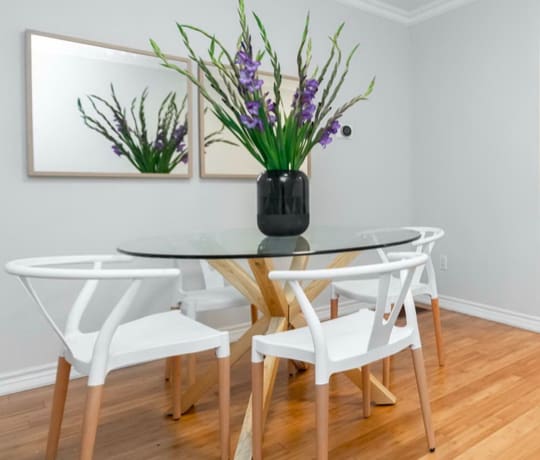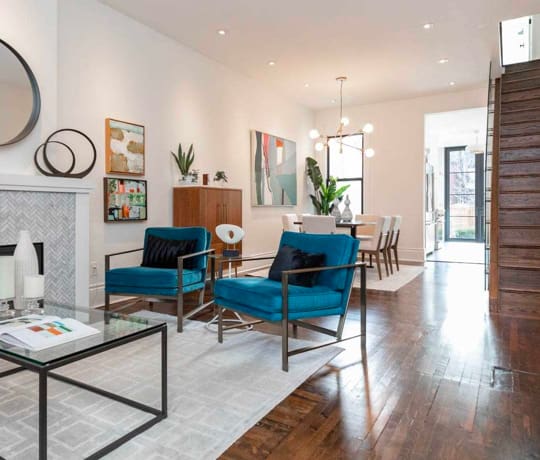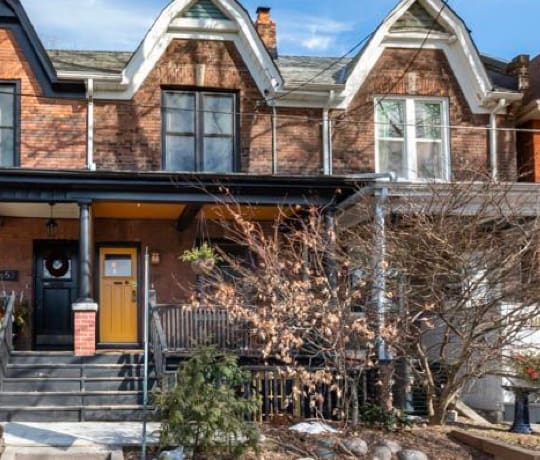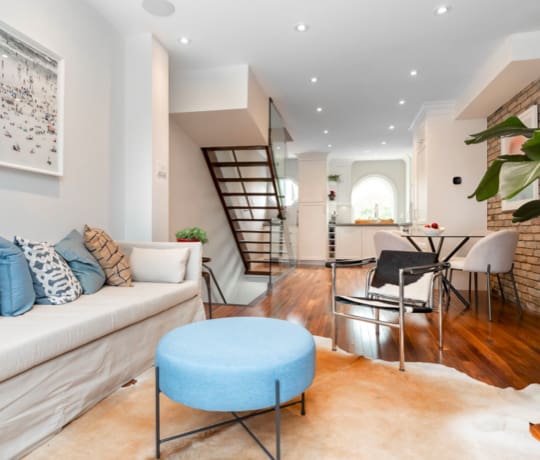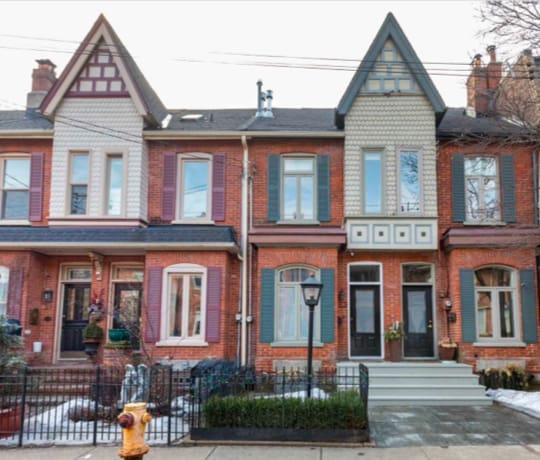Selling your home as a senior involves a lot of moving parts. It can feel daunting, but working with the right realtor will make your experience as smooth as possible. Read our 6 tips for selling as a senior to make the most of your transaction.
1. Know the market has likely changed
Being prepared is the first step. If you’ve lived in your home for a significant amount of time, the market and the processes involved in transacting real estate have likely evolved considerably since the last time you moved.
Be prepared to re-educate yourself around the requirements and responsibilities involved with buying and selling in the current market. Your realtor will help acclimate you to modern market conditions so you’re confident, and prepared to get started.
2. Consider when to move
Selling your home also means needing to buy a new one. You’ll have to decide whether it’s better for you to sell first, or buy first. An experienced realtor will help you determine the right strategy based on your plans and market conditions at the time you plan to transact.
In some cases buying first is the better strategy because you can conduct a more streamlined move when you already have somewhere to live.
Other times, selling first makes more sense because you’ll have upfront money to finance the purchase of your next home. Everyone’s situation is different, so the only correct path is the one that works best for your unique needs.
3. Consider where to move
What is your lifestyle going to look like? Do you want to live in a convenient community, close to daily amenities? Or do you prefer to live in a quiet neighbourhood? Are you looking to move closer to family? It’s important to consider a location that reflects your new lifestyle. Your realtor will help you figure out the neighbourhoods that align best with your new lifestyle and have the housing options that fit your criteria.
4. Consider functionality
Your family dynamic has likely changed, and your social and work life, too. You may be an empty nester who has adult children and even grandchildren that visit sometimes, but you may not need the same space you once did. Perhaps you still gather with friends, but maybe you don’t entertain the same way you used to.
Do you want a home with less maintenance? Are you retiring or continuing to work? Is this the last move you plan to make? All of these questions are things to consider when thinking about what type of home to buy. Functionality is about more than layout, it’s about how your home supports and elevates your lifestyle.
5. Rely on your realtor
Working with a realtor who can refer you to reputable lawyers and financial specialists is important, but you should also choose a realtor with specific connections to help with things like decluttering, packing, storage, moving, unpacking, etc. to make your transition easier.
Your real estate concerns and needs are likely different now then when you last entered the market. Working with an experienced realtor who has expertise with your kind of transaction will help you access the right supports to create a streamlined experience.
6. Create a manageable schedule
Between property preparations, paperwork, open-houses and viewings, and actually moving, there are a lot of events on your listing calendar. Make sure you plan a schedule that you can keep up with so you don’t feel burnt out or exhausted. Be upfront with your realtor about what you want and don’t want so they can help you create a plan that aligns with your expectations.
Selling your home as a senior can be a significant emotional experience, but being prepared and working with the right professional will ensure the transaction itself is streamlined and stress-free. If you’re considering listing your property, connect with Michael O’Brien first to create a structured plan that works for you.

Connect With Your Cabbagetown Realtor
See how I can help you plan and manage your transaction seamlessly.


